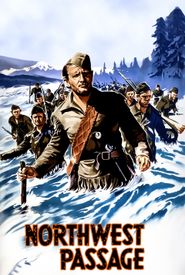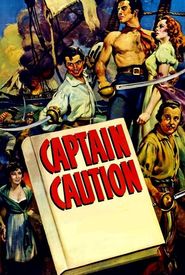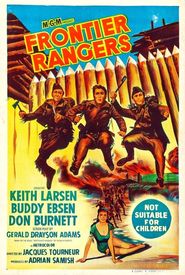Kenneth Roberts, a renowned American novelist, was born in Kennebunk, Maine, in the year 1885. He pursued his higher education at Cornell University, graduating in 1908. Roberts' professional journey began in 1907, when he joined the staff of the "Boston Post" newspaper, initially as a columnist and later, due to the immense popularity of his column, he was granted his own page.
For over a decade, from 1907 to 1918, Roberts remained with the "Boston Post", before leaving to serve in the United States Army during World War I. He held the rank of captain and was part of the intelligence service of the Siberian Expeditionary Force. Following his military service, Roberts returned to the United States in 1918 and secured a position with the "Saturday Evening Post" magazine, initially based in Washington and later in Europe. He remained with the magazine until 1928.
Roberts left his journalism career in 1928 and embarked on a journey to Italy, with the intention of writing a series of historical novels set in New England during the American Revolution. His first novel, "Arundel", was published in 1930 and was notable for its meticulous attention to accuracy, a trait he would maintain throughout his subsequent novels. Roberts' dedication to accuracy was driven by his frustration with the inaccuracies and sloppiness he had encountered in historical accounts of the period.
Roberts' most famous work is likely "Northwest Passage", an adventure novel based on the true story of Major Robert Rogers, a soldier, explorer, and renowned Indian fighter who attempted to find the fabled Northwest Passage. The book was adapted into a successful film in 1940, starring Spencer Tracy, and a television series in 1958. Another notable novel by Roberts is "Lydia Bailey", an adventure story set in 1802 Haiti, which was also adapted into a film in 1952.
Kenneth Roberts passed away in 1957 in Kennebunkport, Maine, leaving behind a legacy as a masterful storyteller and historian.





























